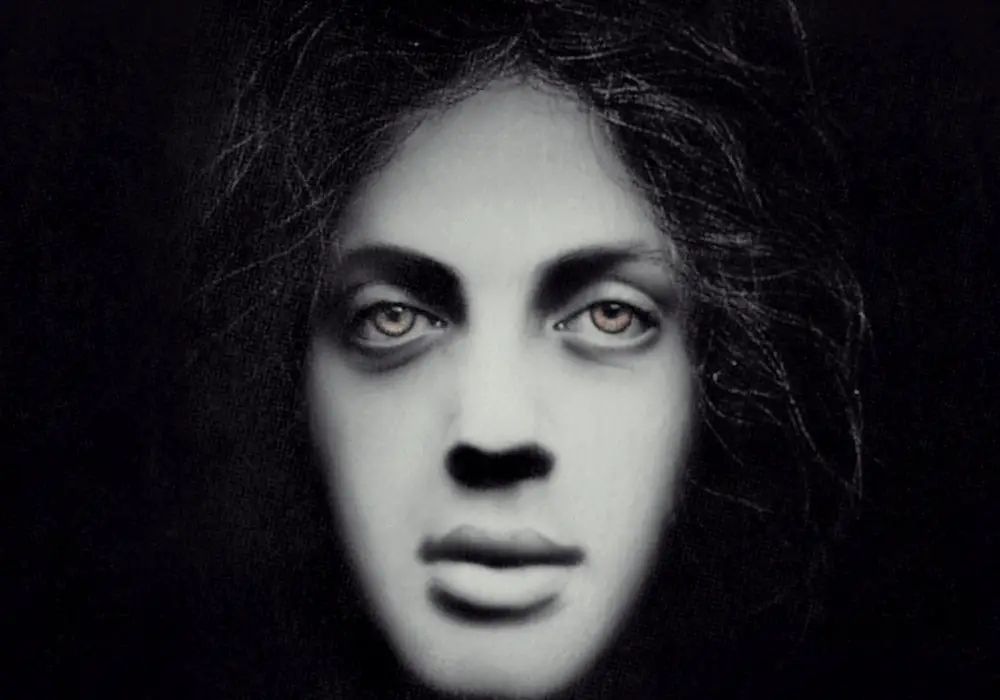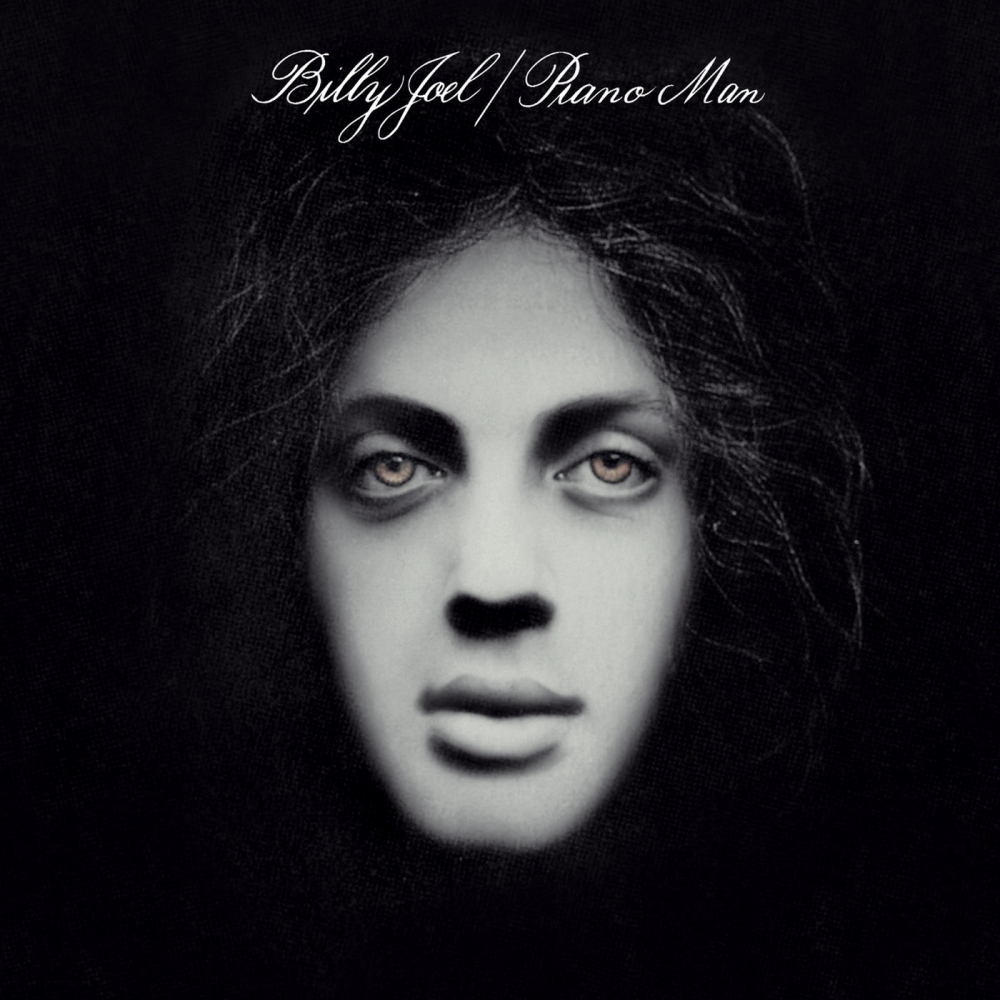Atwood Magazine is excited to announce Time Machine, a column in which we take a fresh look at older music. We believe that in order to appreciate the “music of today,” it’s important to have an understanding of what so many artists are inspired by, and what they listened to growing up. Having that knowledge not only makes it a lot more fulfilling when it comes to talking about music theory and deconstructing what these songs are really about, but it also lets music work its magic in connecting people across generations.
— —
1973: The Sears Tower opens in Chicago, American ground troops cease their involvement in the Vietnam War, Picasso passes away, and Nixon accepts responsibility for the Watergate scandal. Amidst the coursing emotion, American rocker Billy Joel releases Piano Man in November, and finds his first major hit on his hands.
Listen & Watch: “Piano Man” – Billy Joel
[youtube=https://youtu.be/gxEPV4kolz0?t=0s]Imagery is the backbone of “Piano Man” — starting out with the very first verse:
It’s nine o’clock on a Saturday
The regular crowd shuffles in
There’s an old man sitting next to me
Making love to his tonic and gin
The scene has been set for a Saturday night in a piano bar. The characters in the song are regular customers that visit to escape their sorrows, and drown themselves in alcohol. Joel has said this is based on his real-life experience after first moving to LA in 1972. The scene in question is the “Executive Room Bar,” which no longer exists.

It’s interesting to note that during the six months Joel spent playing in the Executive Room Bar, he was in the middle of trying to leave his contract with Family Productions, and move to Columbia Records. Since the contract he had signed with Family Productions was tight and difficult to get out of, the lawyers at Columbia were negotiating Joel’s way out of the bind. While trying to keep a low profile but still play music for people, Joel became a piano man at the Executive Room, and got to know key characters that make up the hit song.
The bar is described as the kind that “the losers would come to, for example, after losing their bets at the horse track that day.” The second half of the first verse — about the man making love to a beverage — paints a clearer picture of the type of crowd that would gather at this bar, and how they’re consuming their alcohol. Saying “making love” is critical to understanding how important this drink is to them. The man is clearly not looking to get a buzz from the drink: he’s taking his time with it. Drinking carefully, and deliberately.
Other characters at play throughout the song include the bartender-wannabe-movie star John, real estate novelist Paul, US Navyman Davy, the waitress, and “stoned” (drunken) businessmen. The common thing these people all have in common is they all seem to have a façade going on: while they’re in “steady” careers, they’re not truly happy. They all had dreams that they’ve given up, and now have found themselves in a piano bar, “to forget about life for awhile.”
Sing us a song, you’re the piano man,
Sing us a song tonight,
Well, we’re all in the mood for a melody,
And you’ve got us feeling alright

“Piano Man” is considered Billy Joel’s most popular song, and the one that put him on the map. While the first version of the song was originally clocked in at five minutes and 38 seconds, Columbia Records deemed the song too long, spliced together two verses, and cut the song down to four minutes and 33 seconds in order to fit the release onto a 45. Once a promo 45 had been issued, the song underwent another edit, and became around three minutes. Along with the time being cut down for the song, more instrumentation was brought out (such as the acoustic guitars and harmonicas).
In a way, it’s interesting to compare the content of the song and what happened to it as it gained popularity. “Piano Man” is an ode to those who have given up, from the perspective of a regular performer at a bar. It’s not only the song that gave that performer world-wide recognition, but as that song became more and more popular, for some reason, it became important to the record label for people to hear less of it. It’s ironic, because although the characters in the song may represent “nobodies,” the performer they all turn to every Saturday night that’s got them feelin’ alright knows more about them than the general public may have heard about Joel when “Piano Man” was gaining popularity in the 70s.
“Piano Man” will continue to withstand the test of time because no matter how many other artists pass away, buildings are constructed, or wars are fought, it’ll still be relatable. At some point, you’ll have a dream or plans that won’t work out — it’s unfortunate, but it’s inevitable. Fortunately, you can forget about life for awhile at the touch of a button, and make love to your tonic and gin to the harmonic, sing-a-long style 70’s tune. Plus, it doesn’t have to be a Saturday night.
— —









